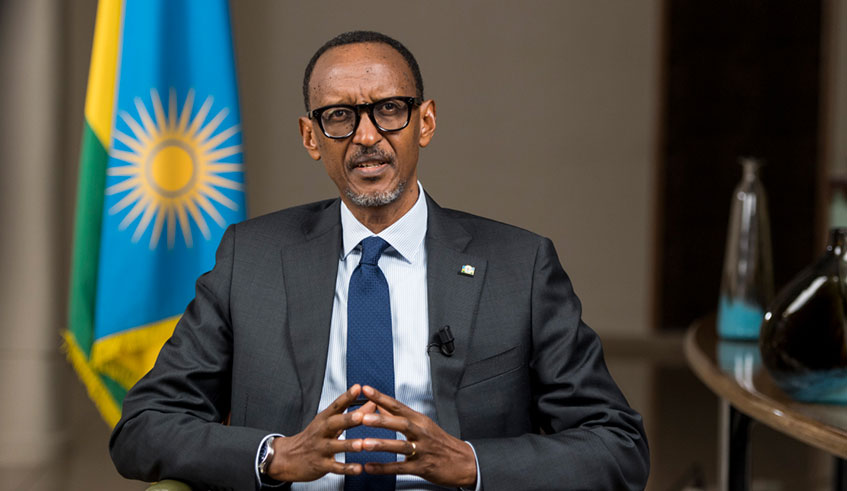Rwandan authorities have closed down over 4,000 churches over their alleged refusal to adhere to health and safety regulations, including not being properly soundproofed, official announced on Friday.
“This is not being done to prevent people from praying but to ensure the safety and tranquillity of worshipers,” Minister of Local Government Jean Claude Musabyimana told state media.
Affected by the decision of the government are mostly small Pentecostal churches and a few mosques, some of which operate out of caves or on river banks.
This is the first major crackdown since five years ago when a law to regulate the proliferation of places of worship was enacted.
The law makes it compulsory for places of worship to operate in an organised way and in safe environment. It also makes it illegal for them to make use of loud public address systems during worships.
The ongoing crackdown on worship centres is being carried out by local urban authorities in partnership with the Rwanda Governance Board (RGB).
Authorities say they are taking a tough line as churches had been given five years to fully comply with the regulations.
“The government has taken a stance against proliferation in the houses of worship. We still see cases of dilapidated [structures] and unhygienic conditions,” RGB chief Usta Kayitesi told the New Times news website.
Some of the churches that had been shut down operated in tents, exposing worshippers to risks, Mr Musabyimana said.
The law under enforcement also compels all preachers to undergo theological training before opening a church.
When the law was adopted in 2018 about 700 churches were initially closed.
Rwandan President Paul Kagame at that time said the country did not need many houses of worship, maintaining that such a high number was only fit for more developed economies with the means to sustain them.
Mr Kagame, who recently secured a fourth term in office with 99% of the vote has been accused by critics of ruling with tight control, where there is little freedom of speech.
The vast majority of Rwandans are Christians but many also follow traditional practices.
Pentecostal churches, often run by charismatic preachers claiming to be able to perform miracles, have grown rapidly in many parts of Africa in recent years.







